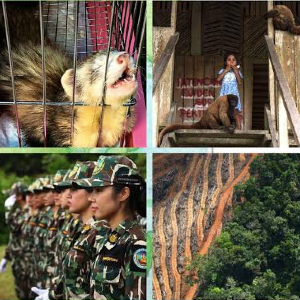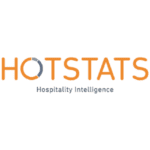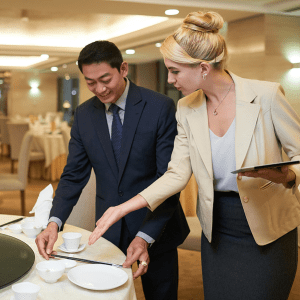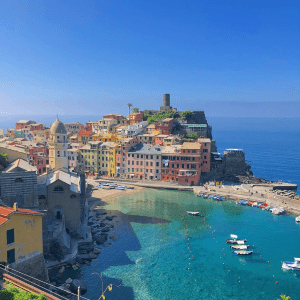 A global alliance of practitioners in conservation, agriculture, health, security, finance, and communications, EndPandemics, released a collaborative roadmap to prevent future pandemics to a special gathering of parliamentarians of the Association of Southeast Asian Nations (ASEAN) and observer countries.
A global alliance of practitioners in conservation, agriculture, health, security, finance, and communications, EndPandemics, released a collaborative roadmap to prevent future pandemics to a special gathering of parliamentarians of the Association of Southeast Asian Nations (ASEAN) and observer countries.
Amidst the global surge of new variants of the SARS-CoV-2 virus, the ASEAN Inter-Parliamentary Assembly (AIPA) has committed to reviewing and promoting practical strategies to prevent pandemics and agreed to consider the One Health approach. A special “Executive Webinar on Preventing Pandemics” was organized by AIPA together with its MoU partner, Freeland, and the EndPandemics alliance.
One Health combines measures that simultaneously address human health, animal health (including domesticated and wild animals), and ecosystem health to reduce the risks of pathogen outbreaks at their source. Two-thirds of all new infectious diseases (including HIV, Ebola, SARS, MERS, and COVID-19) originate from animals.
Lawmakers and other officials from Brunei, Cambodia, Indonesia, Lao PDR, Malaysia, the Philippines, and Vietnam, as well as Canada, European Parliament, New Zealand, and the Republic of Korea, were the first to review and discuss the “Roadmap to End Pandemics: Building It Together,” which lays out an innovative blueprint for pandemic prevention solutions.
The Roadmap offers an open framework for collaboration of governments, businesses, communities, civil society, and individuals along the four primary pillars of pandemic prevention: (1) reduce demand for wild animals; (2) phase-out commercial trade in wild animals; (3) protect and restore natural habitats; and (4) make our farms and food systems safer and healthier.
To achieve and sustain impacts, these actions need to make a difference at the frontline and community levels. They also must trigger the necessary changes in public policies, business practices, and consumer behaviours. The Roadmap includes a “Solutions Map” of best practices that were jointly created by alliance participants and are designed to facilitate the use of new technologies to track and reward impact and to attract public and private investments.
“An early analysis of pandemic prevention costs has put their annual price tag at 0.2% of the total projected damages from COVID-19,” said Andrey Kushlin, EndPandemics co-chair and a co-author of the document. “It should be crystal clear now to every politician, businessman, and community leader that there is no sound alternative to putting prevention measures at the foundation of any ‘Build Back Better’ or ‘Green Recovery’ initiative. The EndPandemics roadmap helps set up, promote and sustain these efforts through local ownership, transparency, and social validation.”
Today’s special AIPA session follows another special event hosted by ASEAN member Thailand on May 27th in which the Ministers of Health and Environment vowed to implement a cross-agency One Health approach to preventing further outbreaks, including taking aim at wildlife trafficking. “We are seeing hopeful signs of ASEAN member states and at least one business champion moving beyond this disaster to prevent the next one,” said Steven Galster, Founder of Freeland and co-chair of EndPandemics. “Prevention is the key, and the only way to immunize our world from another outbreak is to treat nature as our only durable and long-lasting vaccine. We must invest in it like it is our global health insurance.”
Representatives of the World Organization for Animal Health, Asian Development Bank, Global Initiative to End Wildlife Crime, Freeland, B.Grimm and NOW Partners provided their inputs in reviewing the origins of zoonotic outbreaks, threats from wildlife trade, legal and policy gaps, business perspectives, financial mechanisms for Green Recovery and pandemic mitigation.
“Governments are acting to stop COVID-19 from spreading, striving to vaccinate us against it, and working to understand its origins,” said John Scanlon, Chair of the Global Initiative to End Wildlife Crime and a peer reviewer of the roadmap. “At some stage, we will get through it, but when we do, it won’t be over. In fact, far from it. We know the conditions that make the spillover of viruses from animals to humans more likely. Human memories are short, and while we have everyone’s attention, we need to put into place a wide range of measures to prevent the next pandemic, which will also benefit biodiversity, our climate and achieve sustainable development. This includes making changes to how we regulate wildlife trade, to ensure we take a ‘One Health’ approach to trade, and how we tackle wildlife crime,”
“As we work towards ending the COVID-19 pandemic, we must take this critical opportunity to foster green, inclusive and resilient economies by pursuing a “one health approach,” said Bruce Dunn, Director of Safeguards Division at the Sustainable Development and Climate Change Department of the Asian Development Bank. “This can be achieved by focusing on some of the root causes of infectious zoonotic diseases, including stopping illegal wildlife trade, investing to
protect and restore nature, and promoting sustainable agriculture – thereby balancing human health, animal health and environmental health, while creating green jobs.”
Dr. Harald Link, Chairman of B.Grimm and partner of EndPandemics campaign had this to say: “As we are based in this region, B.Grimm shares goals with ASEAN, namely prosperity, stability, security, and happiness. Pandemics negatively affect everyone, from the individual to governments and businesses, so we must all work together to prevent the next virus outbreak. We must conduct business with compassion. Today’s event was a big step forward for the ASEAN community toward prevention measures that are based on our concern for ASEAN and the world.”
EndPandemics is a global campaign that aims to end pandemics by addressing the root causes of zoonotic outbreaks, and by protecting and regenerating nature. EndPandemics call on the world to invest in planetary health. EndPandemics was launched in early 2020 and comprises a fast-growing array of organizations (presently over 80) that operate across six continents in conservation, agriculture, climate, health, business, technology, security, media, and other sectors.
















